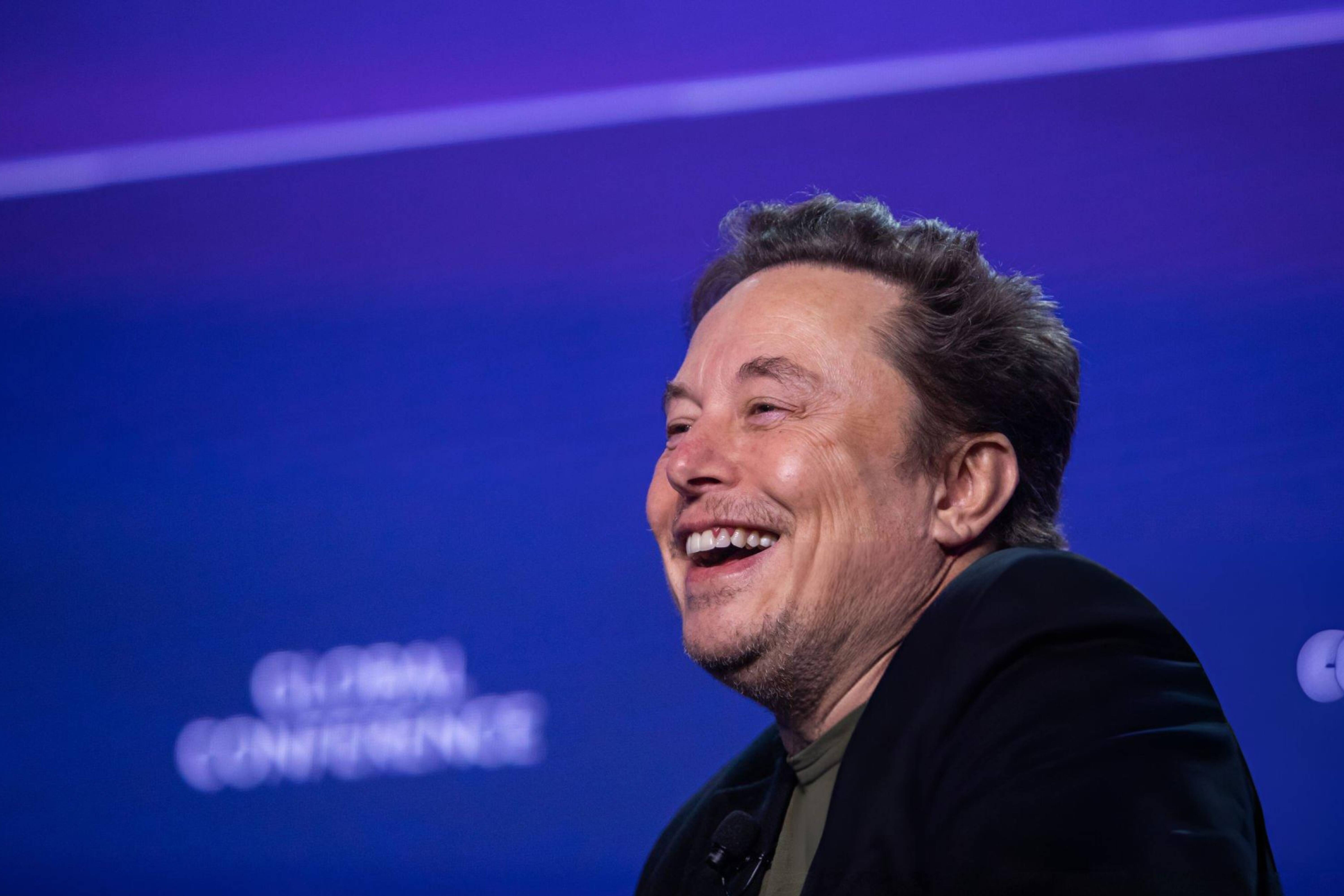Tesla Trounces Shareholders Who Alleged Autopilot Was All Share-pumping Lies

Tesla has managed to persuade a California judge to throw out a lawsuit that claimed the automaker misled shareholders about its Full Self-driving (FSD) system's true capabilities.
Federal district Judge Araceli Martínez-Olguín gave Tesla, its supremo Elon Musk, and two former Tesla CFOs a near clean sweep of a win, ruling [PDF] the plaintiffs did not actually show that the defendants set out to maliciously and deliberately trick investors into backing the electric car maker by over-exaggerating Autopilot and FSD's abilities.
"Plaintiffs fail to allege sufficient facts showing that defendants engaged in such a fraudulent scheme to mislead investors," Martínez-Olguín wrote in her decision, which followed Tesla's motion to have the lawsuit tossed in the trash.
Even if data existed to support those allegations, "the fact that there were safety issues with [Autopilot and FSD] does not suggest that it was false or misleading" of Tesla "to assert that the technology was safer than regular human driving," the judge added.
As a securities fraud suit, the original complaint (filed early last year) relies largely on statements from Tesla, Musk, and former CFOs Zachary Kirkhorn and Deepak Ahuja. The plaintiffs allege the defendants' statements, coupled with the many investigations and records of Autopilot accidents, lead to the obvious conclusion that Tesla has been lying for years about the kinda-self-driving technology, and that the system was over-hyped and under-delivers.
Repeated claims that FSD was "coming soon" and safer than human drivers, the complaint alleged, artificially boosted Tesla's share price, and then when that stock fell, investors who had bought into the biz on the basis of FSD lost out. It's that decline that the shareholders are suing over; they're unhappy their investment dwindled.
That all said, the judge didn't think the shareholders proved a damn thing.
The central charge in the case - that Tesla violated Section 10(b) of the US Securities and Exchange Act, which holds it's illegal to manipulate or deceive people in connection to the purchase of a share or security - flopped because the defendants' statements either weren't false and/or because they were forward-looking, and thus speculative. Other things the execs said that were cited by the plaintiffs were dismissed as "corporate puffery" that shouldn't be taken at face value.
And other allegations that Team Tesla misled shareholders or lied were deemed "too vague," while others were binned off by the judge because the plaintiffs failed to prove the defendants knew what they were saying were false at the time.
As for charges that Musk lied based on his unfettered access to internal Tesla data, the judge said the plaintiffs "fail[ed] to connect Musk's hands-on management with any information that he allegedly learned rendering his statements false or misleading."
- Tesla faked self-driving demo, Autopilot engineer testifies
- Tesla swerves liability in Autopilot death lawsuit
- Watch your mirrors: Tesla Cybertrucks have 'Full' 'Self Driving' now
- Tesla wins key court battle over Autopilot crash blame
The complaint also alleged that Musk's nearly $34 billion sale of Tesla shares during the period covered by the complaint were evidence of his insider trading based on Tesla's lies, but the judge didn't buy that, either.
The one potential bright spot for the plaintiffs is that the judge has given them leave to amend the complaint and try again, provided they can get a new set of allegations to the court by the end of October. That said, only certain statements alleged in the case are included in that leave, all of which pertain to particular safety statements.
This is the second shareholder lawsuit Tesla has more or less won since 2023. Less than a month before the filing of the suit in this story, Tesla defeated shareholders who accused the automaker of securities fraud related to Musk's 2018 tweet claiming he was going to take Tesla private and had secured funding.
Tesla is still facing allegations of lying about its almost-self-driving technology in a separate court case and an ongoing probe by the US Dept of Justice into the same matter. California is also suing Tesla, arguing that its Autopilot marketing was overstated and effectively false advertising.
A recent report by automotive research firm AMCI Testing concluded that Tesla FSD was impressively capable, but had a tendency to fail in "sudden, dramatic" manners, leaving inattentive drivers (Autopilot and FSD both require drivers to maintain attention and their hands on the wheel, per Tesla) likely unable to take control quickly enough. ®
From Chip War To Cloud War: The Next Frontier In Global Tech Competition
The global chip war, characterized by intense competition among nations and corporations for supremacy in semiconductor ... Read more
The High Stakes Of Tech Regulation: Security Risks And Market Dynamics
The influence of tech giants in the global economy continues to grow, raising crucial questions about how to balance sec... Read more
The Tyranny Of Instagram Interiors: Why It's Time To Break Free From Algorithm-Driven Aesthetics
Instagram has become a dominant force in shaping interior design trends, offering a seemingly endless stream of inspirat... Read more
The Data Crunch In AI: Strategies For Sustainability
Exploring solutions to the imminent exhaustion of internet data for AI training.As the artificial intelligence (AI) indu... Read more
Google Abandons Four-Year Effort To Remove Cookies From Chrome Browser
After four years of dedicated effort, Google has decided to abandon its plan to remove third-party cookies from its Chro... Read more
LinkedIn Embraces AI And Gamification To Drive User Engagement And Revenue
In an effort to tackle slowing revenue growth and enhance user engagement, LinkedIn is turning to artificial intelligenc... Read more

